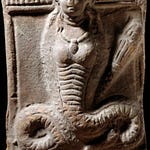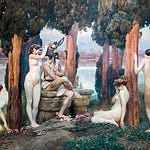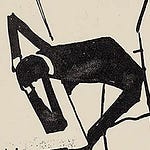Welcome back to The Invisible College, my series of literature courses for paid subscribers. The 2024 syllabus can be found here. This episode, of which the first 15 minutes are free, concerns Henry James’s novel The Bostonians. First I make some impromptu comments on the Merchant Ivory film of the novel, film adaptations of fiction in general, and why James lends himself less well to cinema than E. M. Forster. Then I discuss James’s biography, along with his illustrious family, and the three major phases of his work from social realism to psychological realism to modernism. I also consider his famous focus on the “International Theme,” the confrontation of America with Europe. Then I turn to his middle-period masterpiece, one of his few exclusively set in America, The Bostonians. I explore this post-Civil-War drama of a straight conservative Southern man’s conflict with a Northern lesbian feminist radical over the affections and alleigances of a mysterious mesmerist’s preternaturally gifted and beautiful daughter. I trace the central conflict to Coleridge’s “Christabel” and Hawthorne’s Blithedale Romance. I interpret the novel as a tragicomic elegy for all lost causes, Northern and Southern, right and left: a radical and reactionary critique of a modernizing America more and more given to the sensational, the instrumental, and the profitable. Transcending ideology to encompass both and all sides within his expansive consciousness, and offering aesthetic self-sacrifice instead of radical activism or reactionary nostalgia, James consecrates the novel form as the true national and international union. Please like, share, comment, and enjoy!—and please offer a paid subscription so you don’t miss the rest of the American literature sequence, including forthcoming episodes on Robert Frost, Ezra Pound, Ernest Hemingway, F. Scott Fitzgerald, Wallace Stevens, and William Faulkner, not to mention the archive of episodes on modern British literature from Blake to Beckett and our previous sequences on the works of Joyce, including Ulysses, and on George Eliot’s Middlemarch. The slideshow corresponding to the lecture can be downloaded below the paywall:
Listen to this episode with a 7-day free trial
Subscribe to Grand Hotel Abyss to listen to this post and get 7 days of free access to the full post archives.












